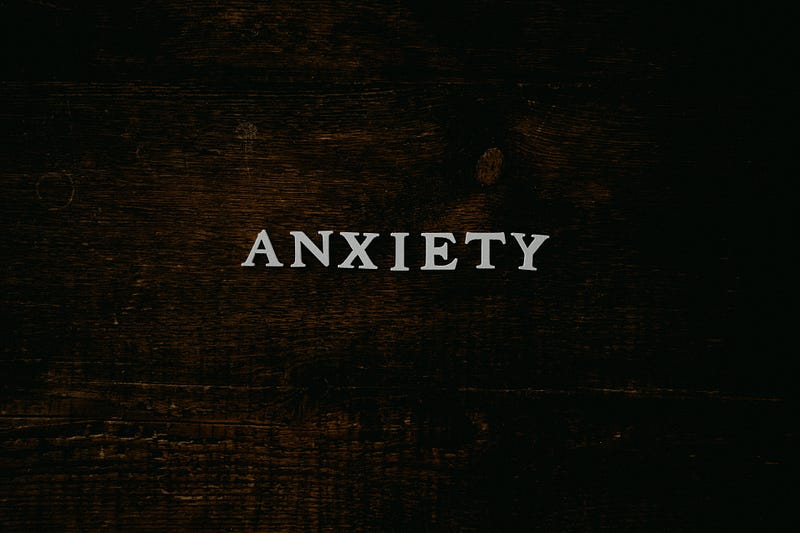Embracing the Concept of Nurturing Thoughts and Emotions
Written on
Chapter 1: The Necessity of Nurturing
In the grand scheme of existence, everything requires care and nurturing to maintain its state. Living beings rely on food, water, and affection; machines depend on energy; even inanimate objects need upkeep. Books gather dust without regular attention, and vehicles demand fuel to operate. To put it simply, without some form of sustenance, various aspects of life simply cannot function optimally.
Similarly, our thoughts are no different—they too require our focus and attention.
When you engage deeply with activities like solving sudoku puzzles, you may find that numbers invade your dreams. If you have a strong desire to visit New Zealand, you'll start noticing its name all around you. Likewise, if you become irritated by loud chewing, it seems everyone suddenly chews loudly. This phenomenon is known as "SELECTIVE PERCEPTION," where your mind subconsciously tailors your focus to particular stimuli, regardless of your awareness.
This selective attention can exacerbate feelings of anxiety, depression, and loneliness. You may find yourself increasingly aware of these emotions, unwittingly feeding them with more worry and sorrow. In essence, you are giving these feelings the nourishment they crave.
Anxiety thrives on your constant state of worry. Without it, how would it endure? Depression finds comfort in your loneliness, allowing it to flourish. Sadness lurks, knowing that if you engage in joyful activities, it might have to leave.
As someone who has dealt with anxiety and OCD since childhood, I understand the challenges that come with these emotions. It took me considerable time to learn how to manage them.
It's often said that full recovery from anxiety and OCD is unlikely, and I concur. However, I firmly believe that, with time, we can learn to navigate and manage these feelings more effectively.
One of my primary strategies is to ACKNOWLEDGE my anxiety. I remind myself that it is an unwelcome visitor; while I can't simply dismiss it, I also don't have to engage with it. The best course of action is to avoid dialogue, maintain a distance, and refrain from feeding it with attention.
Stay focused on your tasks—let the anxiety sit quietly on the couch while you immerse yourself in a book at the kitchen table. You might feel tempted to interact with it, but resist that urge. Acknowledge its presence but wait patiently. Over time, it will likely lose interest, grow weary, and eventually depart.
While this approach is easier said than done, I assure you it can be incredibly beneficial.

Chapter 2: Understanding the Power of Attention
The first video, "IF THEY FEEDING YOU THEY CAN STARVE YOU," discusses the notion that what we focus on can grow stronger, while neglecting it can lead to its decline. This aligns perfectly with the idea of nurturing thoughts and feelings.
The second video, "Whatever You Feed Will Grow, Whatever You Starve Will Die," emphasizes the importance of directing our attention wisely, echoing the themes we've explored regarding anxiety and emotional management.